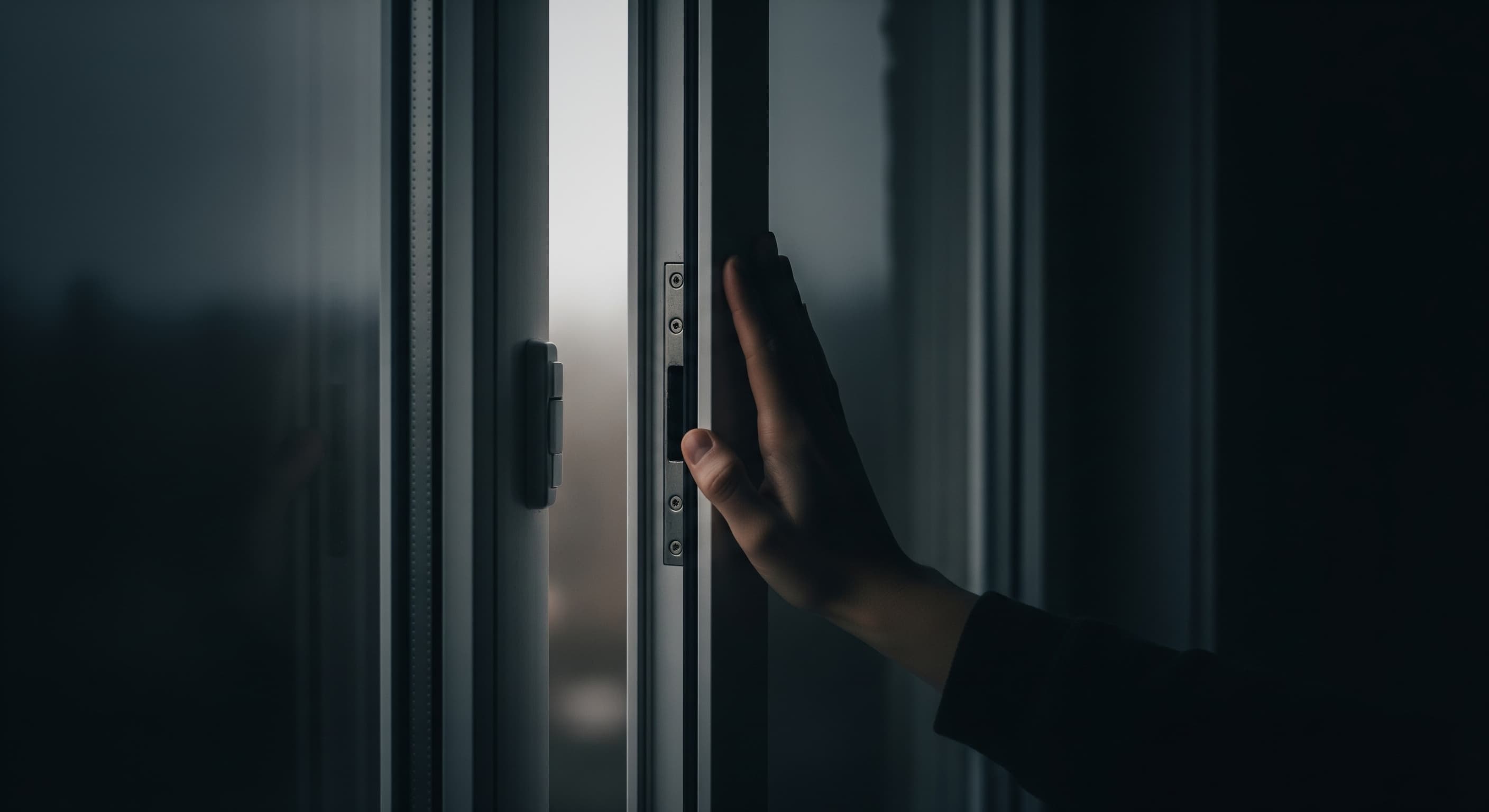Six months ago, the Supreme Court, in reviewing the Liu EB-5 fraud case, ruled that disgorgment can be a form of equitable relief for victims of wrongdoing. However, the ruling left questions not fully answered. Some of the courtroom learnings since then include: there may be disgorgement on a joint and several basis against partners in wrongdoing; the Securities and Exchange Commission (SEC) must prove an award will benefit the victims; courts are considering what business expenses can be excluded from disgorgement.The EB-5 fraud case that set the wheels in motionIn 2016, the SEC filed a lawsuit against Charles Liu, Xin (Lisa) Wang, and others claiming the defendants had misappropriated over $20 million of nearly $27 million in EB-5 investor capital.The investors believed they were helping fund a cancer treatment center; however, the center was never build and Liu and Wang instead used most of the money for other purposes including $12.9 million for marketing in China and over $7 million for their personal accounts.In 2017, the couple were ordered to return $27 million to the defrauded EB-5 investors, and to pay $8 million in civic penalties. The couple appealed the decision, claiming that disgorgement was never authorized by Congress. An appeals court upheld the ruling.In 2020, the case went to the Supreme Court which determined that disgorgement could, in fact, be equitable relief for the victims of wrongdoing. However, limitations were placed on disgorgement: legitimate business expenses may be deducted and the money must go to the victims.How courts in the past six months have been interpreting the Supreme Court decisionIn the half year following the landmark ruling, courts have begun to answer some lingering disgorgment questions. For example, judges are now considering if disgorgment applies to relief defendants; a relief defending is a person named in litigation who has profited from wrong-doing but is not accused of the wrong-doing. A Colorado court ruled that the main limitations of disgorgement — that they only apply to net profits of wrong doing and exclude legitimate expenses — are not factors in determining judgements against relief defendants. Another case, in New York, SEC v. Lin, is still contemplating the issue of relief defendants.What are net profits and legitimate expenses?The question of what disgorgement may and may not include is debated in courtrooms. In SEC v. Slowinski, an Illinois court stated the payments to a company involved in the fraud may not be considered legitimate business expenses.Disgorgment may be ordered jointly and severallyCourts have recognized situations in which disgorgment on a joint and several basis may be ordered. A California court, in SEC v. Blockvest, et al., made such a ruling and cited the Liu judgement of joint and several liability “for painters engaged in concerted wrongdoing.”New legislation gives the SEC more disgorgment powerCongress passed the National Defense Authorization Act on January 1, 2021. Partly as response to the Liu case, this act included securities laws amendments that give the SEC explicit authority to seek disgorgment; the legislation also created a 10-year statue of limitations for an equitable remedy; this applies to injunctions, bars, suspensions, cease-and-desist orders.Disgorgement issues going forwardEven with the National Defense Authorization Act, legal experts still anticipate disgorgment issues will continue to be disputed. These issues include the aforementioned questions of what defines net profits and legitimate expenses. Additionally, expect to see debate on the following: Can disgorgment awards only go to victims? What are the limitations for disgorgement from relief defendants? How does the 10-year statute of limitations apply to those not located in the U.S.?
Date
Feb 10th, 2021
Comments
To leave comments you must Register first
Related Articles
Fraud
Read
Disbarred lawyer hit with new investor EB-5 fraud lawsuit
Legal Drama
Read
Jay Peak, site of biggest EB-5 fraud ever, finally sold — for $76 million
Fraud
Read
New York pair defrauded EB-5 investors, promised access to politicians, and used investor money to make illegal political donations
Fraud
Read
SEC wants EB-5 fraudster Liu to pay back almost $21 million in disgorgement
Fraud
Read
Court orders two California EB-5 fraudsters to disgorge $20.8 Million, disallows claim of $7.5M in salaries
General
Read
Chinese investors launch lawsuit, claim LA project mired in troubles and halted for two years


